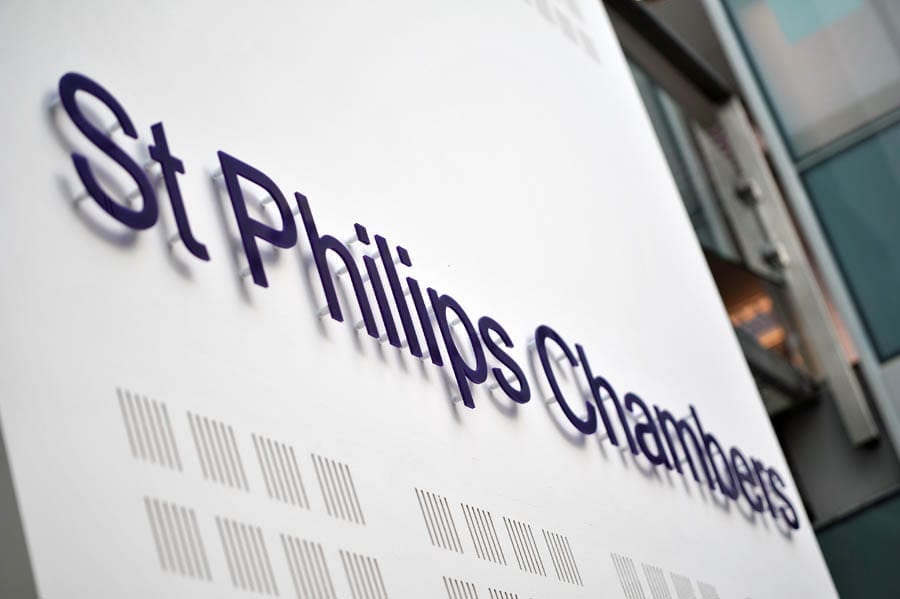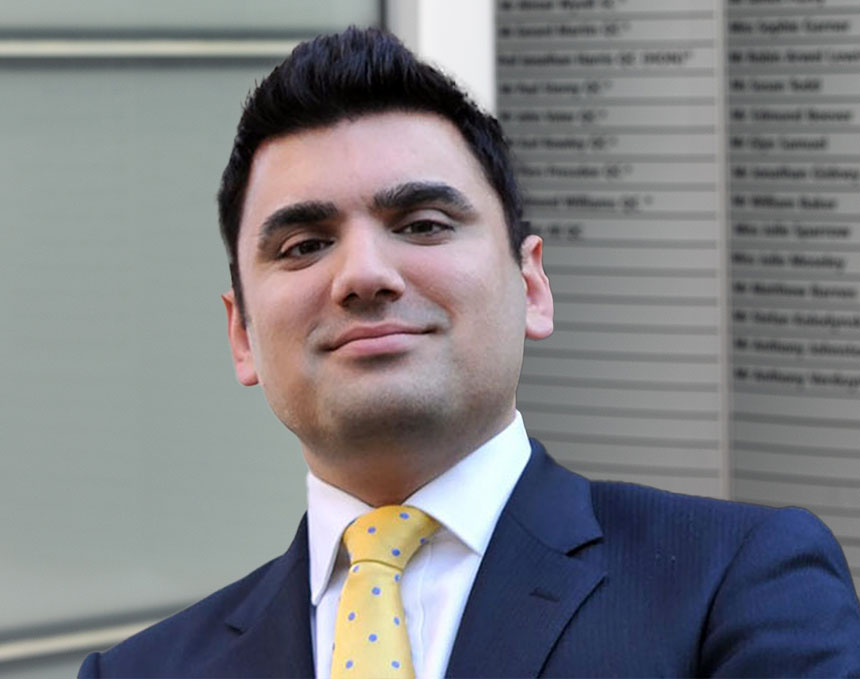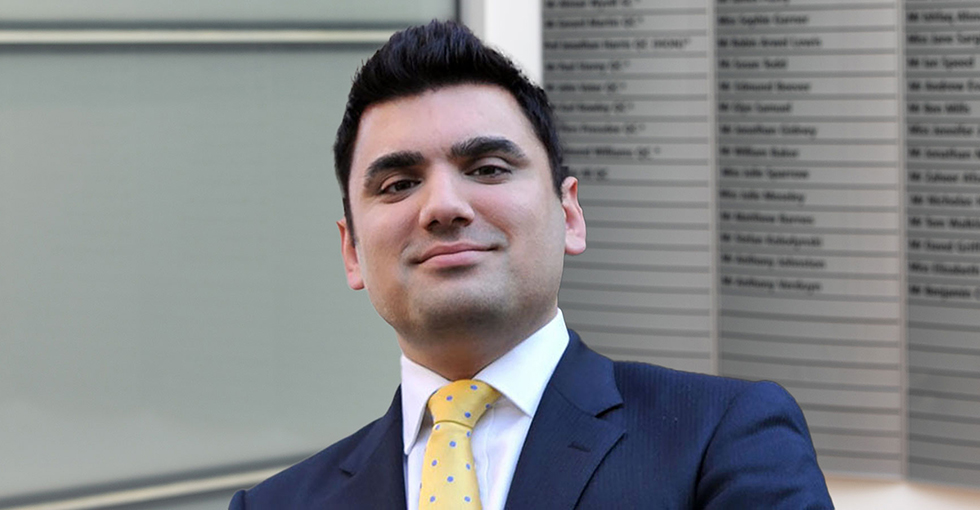So far, 2021 has proved a busy year for barristers in the Business and Property Group, with remote and in-person hearings in full swing as the country re-opens. The Group has also continued to develop its YouTube channel with a further 10 seminars added this year, as well as redeveloping chambers’ conference rooms and facilities to cater for remote hearings, remote mediations and remote trials.
Iqbal Mohammed reports on a selection of the recent work of members and noteworthy decisions across our practice areas.
Recent Work
Commercial
In March, HHJ Williams gave judgment for a group of high-profile minority shareholders, represented by Mark Grant, in a dispute with the Liechtenstein-based majority shareholder over control of a special purpose vehicle. As well as ordering the removal from the register of many special resolutions purportedly passed by the majority, the judge also granted a final injunction preventing the removal of the minority’s appointed directors in a rare example of the courts enforcing a shareholder agreement not to exercise the rights granted by s168 of the Companies Act 2006. This final judgment followed an earlier decision that the majority shareholder and its directors (including the former foreign minister of Liechtenstein) were in contempt of court for breaching the interim injunction: Nash v Lygren in which Mark appeared.
Rob Mundy and Ali Tabari crossed swords in the BPC on a summary judgment application in a breach of contract dispute worth more than £2m, concerning the supply of luxury items to a well-known jewellery retailer. The case involved various allegations of oral agreements and implied terms, all of which the claimant contended had no real prospects of success. The outcome was that one limb of the application failed, one limb resulted in the defendants re-pleading their case, and the third limb resulting in a conditional order being made, with costs in the case.
Ali Tabari also appeared as junior counsel in a hearing concerning a £110m fraudulent misrepresentation/breach of claim arising from the Management Buy-Out of a demolition and property business.
Insolvency
The Group’s Insolvency & Restructuring Team held its annual Insolvency Conference with seminars over four days. For the first time, this was delivered remotely through Zoom and attracted hundreds of participants. Speakers included Natalie Kearney, Marc Brown and Kirsty White. See these and the Group’s other seminars on its YouTube channel.
Given the unavailability of forfeiture during the pandemic and the restrictions on winding-up petitions created by CIGA, landlords sought recourse to guarantees given by directors for the payment of rent by their companies. Iqbal Mohammed acted in several petitions, both for creditors and debtors, and covered these developments in an Insolvency Group seminar.
Property
Anthony Verduyn was instructed to act in a cases concerning high-rise cladding: one involving a public authority-owned tower block with issues over access and another, privately owned with mixed use, presenting issues on apportionment and consultation.
As part of the Group’s close relationships with local firms, Raghav Trivedi, was seconded to the Real Estate Litigation team at Gowling WLG. His work included drafting pleadings in disputes involving option agreements, promotion agreements, breach of covenant and restrictive covenants. His recent work also involved advising landlords on their rights under a CVA which modified covenants under a lease.
Gavin McLeod succeeded in a neighbour dispute which established an actionable interference with a ‘secondary easement’ to go onto the servient land to tend and maintain it. His clients’ attempts to maintain a gravel path were objected to by the servient owners, who regularly filmed and photographed them when doing it. HHJ Tindal accepted submissions that assessment of interference can have regard to motive and level of distress caused, particularly where the behaviour was ‘cussed’ or ‘unneighbourly’.
Notable Decisions
Commercial
Sparkes v London Pension Funds Authority [2021] EWHC 1265 (QB), Murray J allowed an appeal against the dismissal of a non-party disclosure application in a helpful review of the authorities and, unusually, made an order for costs against the Respondent on the basis that the documents should have been provided voluntarily.
Green v Petfre (Gibraltar) Limited t/a Betfred [2021] EWHC 842 (QB), Foster J granted summary judgement to a Claimant suing for £1.7m in winnings from an online game of blackjack, defended on the basis that the win resulted from a design flaw in the game. Applying both Denning’s ‘red hand’ rule and the Consumer Rights Act 2015, the court held that Betfred’s exclusion clauses were ineffective.
Property
Criterion Buildings Ltd v Mckinsey and Co Inc [2021] EWHC 314 (Ch), the High Court held that costs on an indemnity basis were appropriate where tenants had covenanted to pay the landlord’s ‘proper’ costs of proceedings to recover service charges. The contrary decision in Primeridge v Muir [1992] EGLR 273 was wrongly decided.
The Law Society v Dua [2020] EWHC 3528, in an application for an order for sale of land charged by the Society, the court held that a husband was not barred, whether by issue estoppel, abuse of process or res judicata, from raising the same defence his wife had unsuccessfully raised when contesting the application for a charging order. The crucial issue was that the husband was not a party to previous proceedings, even though he had assisted his wife in her evidence.
Insolvency
Manolete Partners v Hayward and Barrett [2021] EWHC 1481 (Ch), Chief ICC Judge Briggs considered the common practice of bringing ‘hybrid’ proceedings, involving claims under s. 423, within an Insolvency Application. Having considered statute, the rules and court practice directions, he held that such claims required the issue of a separate Part 7 claim.
Re Arise Arise Networks Ltd (In Liquidation) [2021] EWHC 852 (Ch), where a company had no revenue and relied solely on external finance, the director’s genuine belief that such funding was forthcoming, as opposed to a reasonable prospect of it being obtained, was not a valid justification to allow the company to continue trading.
Re PGH Investments Ltd [2021] EWHC 533 (Ch), in obiter, Deputy ICC Judge Passfield suggested that a company invoking Sch.10 para.5(3) could demonstrate a prima facie case that coronavirus had an indirect financial effect of the type relied on by the company. The definition of ‘financial effect’ in Sch.10 para.21(3) was wide, and it was enough for a company to demonstrate that its financial position worsened ‘in consequence of’ or ‘for reasons relating to’ COVID-19.
Procedure & Costs
Shav v Shah [2021] EWHC 1668 (QB), the High Court upheld the application of the ‘harsh, even brutal’ application of CPR 36, where the Claimant had offered to settle for £1 and then ‘beat’ that offer, winning nominal damages of £10.
Matthew v Sedman [2021] UKSC 19, the Supreme Court held that where a cause of action accrues part-way through a day then that day is ignored for limitation purposes, with the result that fractions of days are not counted in the limitation period.
Greetham v Greetham [2021] EWHC 998 (QB), Soole J declined an application to appoint a litigation friend, finding that the applicant failed to prove incapacity. An interesting decision on CPR 21.
Finally, we would like to take this opportunity to thank all our clients for their continued support and look forward to seeing you in chambers very soon.










